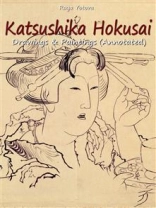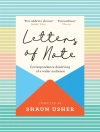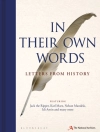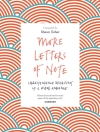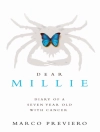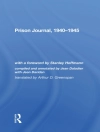In 1798, Hokusai began working as an independent artist, taking the name Hokusai Tomisa.
By 1800 Hokusai continued to develop the use of ukiyo-e for purposes other than portraits. He also adopted the name he became known, Katsushika Hokusai. During these years, he published two collections of landscapes, famous landmarks in the eastern capital, and Edo’s Eight views. He also began to attract his students, eventually training 50 students throughout his life.
Over the next decade, he became more and more known for both his creativity and his self-proclaiming talent.
At the age of 51, the artist changed his name to Taito and entered the period when he created Hokusai Manga and various art guides. Manga (i.e., random drawings) included prospective studies. The first book of the Hokusai Manges, sketches or cartoons, influenced the contemporary form of comics, known by the same name.
In 1820 Hokusai changed his name again, this time to ‘Iitsu, ‘ a change that marked the beginning of a period in which he received fame as the greatest artist in Japan. His most famous artwork, ‘Thirty-six Views of Mount Fuji, ‘ including his famous ‘Great Wave of Kanagawa, ‘ was produced in the early 1930s. He also began to create many detailed individual images of flowers and birds.
The next and last period of his life began in 1834 under the name ‘The Old Man Mad About Art.’ It was at this time that Hokusai painted ‘Hundreds of views of Mount Fuji, ‘ another significant series of landscapes.
Towards the end of his life, his career began to fade as young artists became more and more popular. But Hokusai never stopped painting until he died at the age of 87 on May 10, 1849.
Raya Yotova
Katsushika Hokusai: Drawings & Paintings (Annotated) [EPUB ebook]
Katsushika Hokusai: Drawings & Paintings (Annotated) [EPUB ebook]
यह ईबुक खरीदें और 1 और मुफ़्त पाएं!
भाषा अंग्रेज़ी ● स्वरूप EPUB ● ISBN 9788832533484 ● फाइल का आकार 9.6 MB ● प्रकाशक Publisher s13381 ● प्रकाशित 2019 ● डाउनलोड करने योग्य 24 महीने ● मुद्रा EUR ● आईडी 6914181 ● कॉपी सुरक्षा के बिना
